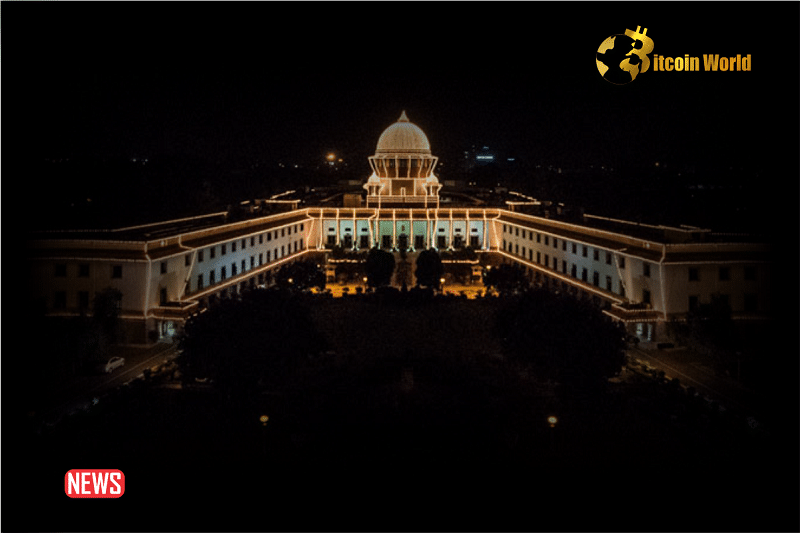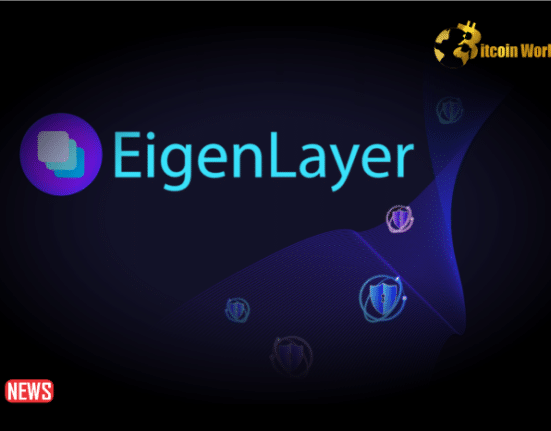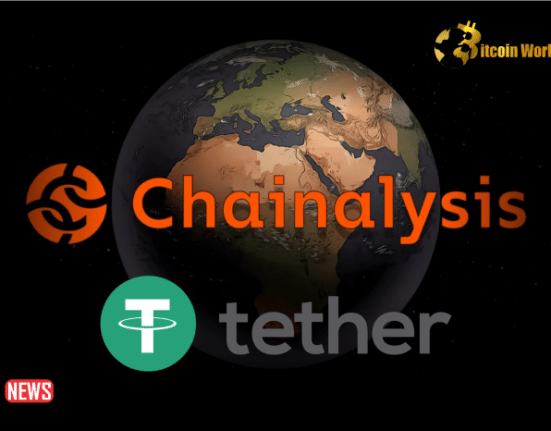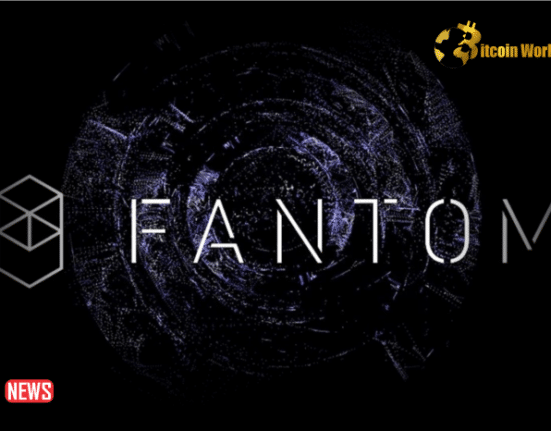The Indian Supreme Court has rejected a Public Interest Litigation (PIL) that sought to set regulations and guidelines for cryptocurrency trading in the nation.
The court, led by Chief Justice of India (CJI) D.Y. Chandrachud, determined that the petitioner’s claims were more legislative in nature. Manu Prashant Wig, the petitioner, is now detained in connection with a cryptocurrency case brought by the Delhi Police’s Economic Offence Wing in 2020.
Despite the PIL’s focus on cryptocurrency restrictions, the court underlined that the underlying purpose appeared to be obtaining bail for the petitioner.
Read Also: India Leads Grassroot Level Global Crypto Adoption Index: Chainalysis
Wig was a director of Blue Fox Motion Picture Limited when she was accused of persuading people to invest in cryptocurrency with promises of great returns.
The court advised exploring legal recourse through other authorities and requesting bail from a different court, citing its inability to provide orders under Article 32 of the Indian Constitution.
Due to a lack of defined norms and procedures, the position of cryptocurrency trading in India remains unknown.
The country is allegedly working on a legal framework for cryptocurrencies, with prospective legislation likely within the next five to six months, influenced by joint suggestions from the International Monetary Fund and the Financial Stability Board.















